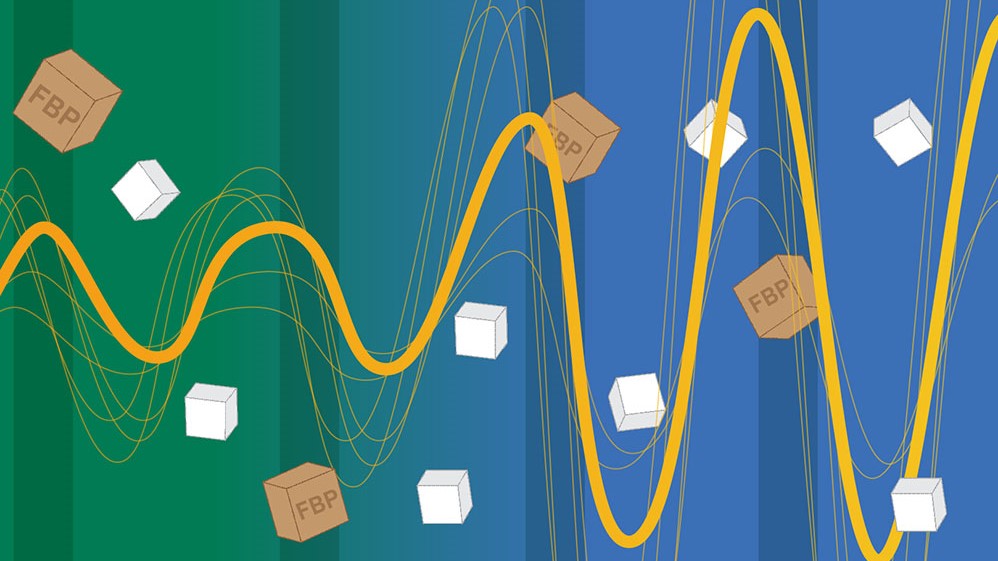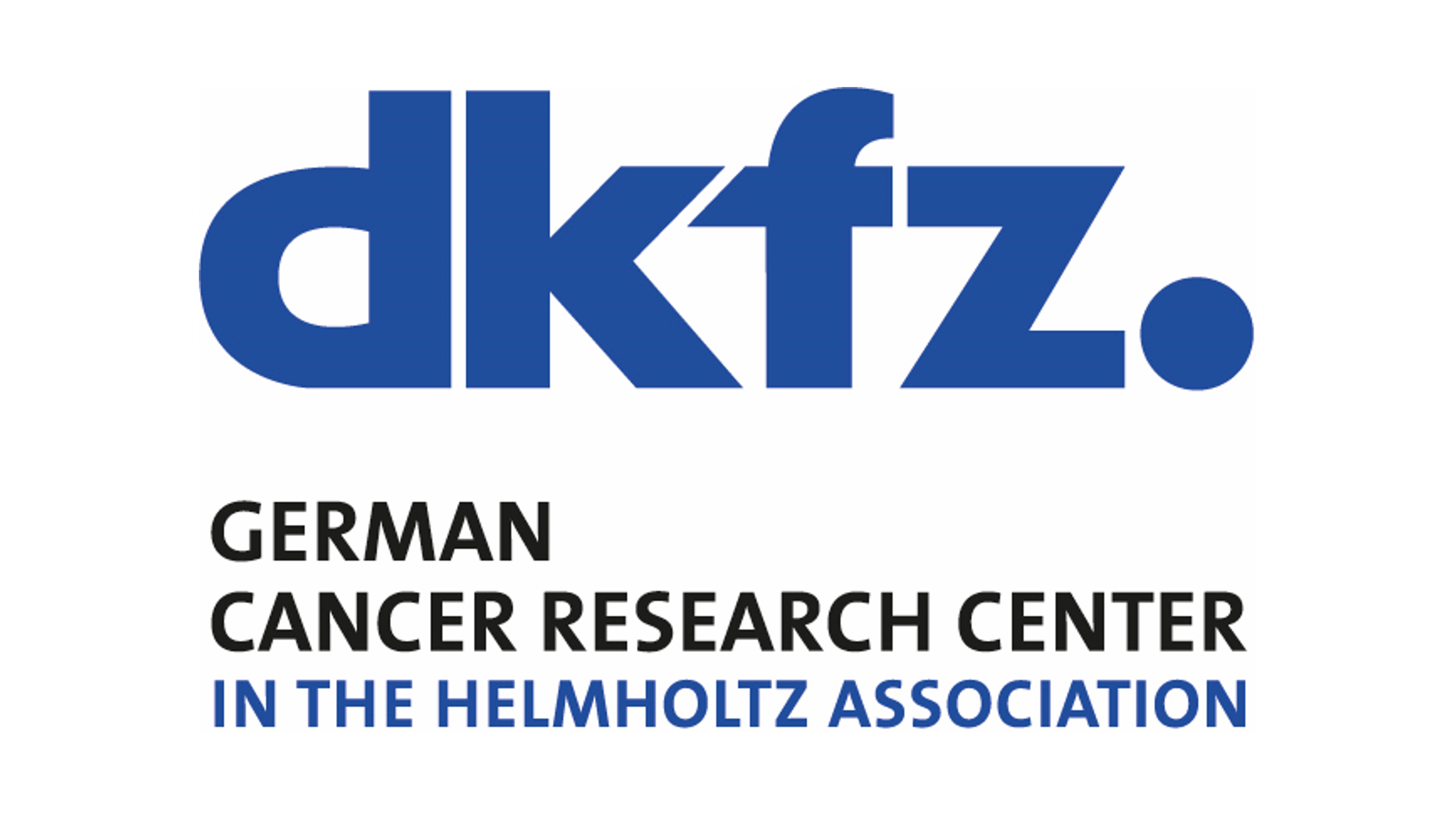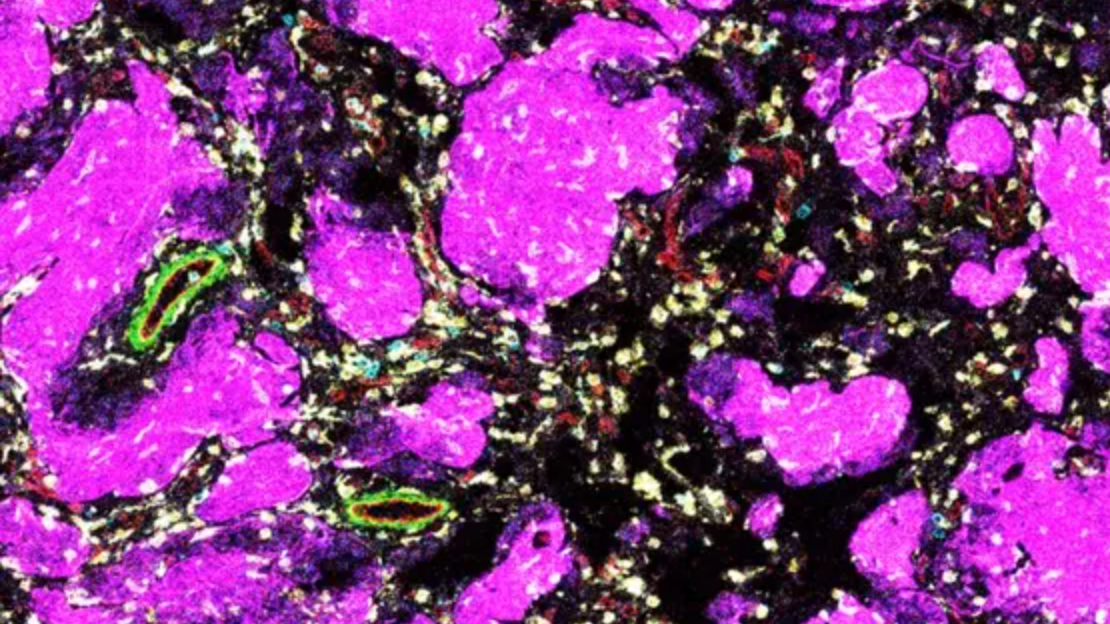
Research

Vilnius, 18 September 2025 The PRECISEU consortium proudly announced the winners of the first PRECISEU Best Practice Recognition during Life Sciences Baltics 2025, the leading international event for biotechnology, pharmaceuticals, and medical devices in the Baltic region. Launched under the Personalised Medicine Empowerment Connecting Innovation ecoSystems across EUROPE (PRECISEU) programme, this initiative honours outstanding practices […]
read more
When metabolism provides more than fuel
New EMBL research discovers an unexpected relationship between metabolism and cell communication during embryonic development Summary Pregnant women rely on a balanced diet and supplements to deliver proper nutrients to their babies, to ensure they grow healthfully. Such nutrients contribute to fueling development and providing cellular building blocks that lead to healthy brains, bones, organs, […]
read more
No GPS in the head: How the brain flexibly switches between internal maps
Since their discovery in 2004, the grid cells in the brain, which are important for our orientation, have been regarded as a kind of “GPS in the head.” However, scientists at the German Cancer Research Center (DKFZ) and Heidelberg University Hospital have now shown that grid cells work much more flexibly than previously assumed. In […]
read more
Not all ALK fusions act the same: Variants influence treatment success in lung cancer
About five percent of lung adenocarcinomas, one of the most common forms of lung cancer, are driven by a faulty fusion of two genes, EML4 and ALK. This fusion results in different variants, and until now, clinicians have treated all patients with these fusions the same way. However, new research led by scientists from the […]
read more
In bad company: Immune cells in the tumor environment determine the success of therapy for childhood brain tumors
The cellular environment of a tumor can either support or sabotage recovery. The most comprehensive study to date on the tumor microenvironment in low-grade gliomas, conducted by the Hopp Children’s Cancer Center Heidelberg (KiTZ), Jena University Hospital, the German Cancer Research Center (DKFZ), and Heidelberg University Hospital, shows what a supportive or obstructive “neighborhood” looks […]
read more
AI model predicts disease risks decades in advance
Scientists from the European Molecular Biology Laboratory (EMBL) and the German Cancer Research Center (DKFZ) have developed an AI model that assesses the long-term individual risk for more than 1,000 diseases. The model, which was trained and tested using anonymized medical data from the UK and Denmark, can predict health events over a period of […]
read more
How HIV enters the genome – Researchers identify previously unknown mechanism
Researchers at the German Center for Infection Research (DZIF) at Heidelberg Faculty of Medicine have decoded a previously unknown mechanism by which HIV-1 selects its integration targets in the human genome. A research team led by DZIF scientist Dr. Marina Lusic identified RNA:DNA hybrids (R-loops) as molecular signposts for the virus. These findings reveal a key […]
read more
Glioblastoma study shows: Molecular diagnostics could enable targeted therapies without delay
Researchers from Heidelberg University’s Medical Faculty, the German Cancer Research Center (DKFZ), and the National Center for Tumor Diseases (NCT) in Heidelberg have tested the use of targeted drugs in the initial treatment of newly diagnosed glioblastoma, an extremely aggressive brain tumor, in the multicenter study “NCT Neuro Master Match (N2M2)”. Of the five drugs […]
read more
Global effort to sequence all life on Earth ramps up
The Earth BioGenome Project is accelerating its efforts tenfold to sequence all life on Earth by 2035 Summary A global collaboration that includes experts at EMBL’s European Bioinformatics Institute (EMBL-EBI) has entered the second phase of its ambitious plan to sequence all 1.67 million known species on Earth by 2035. The Earth BioGenome Project (EBP), a […]
read more
